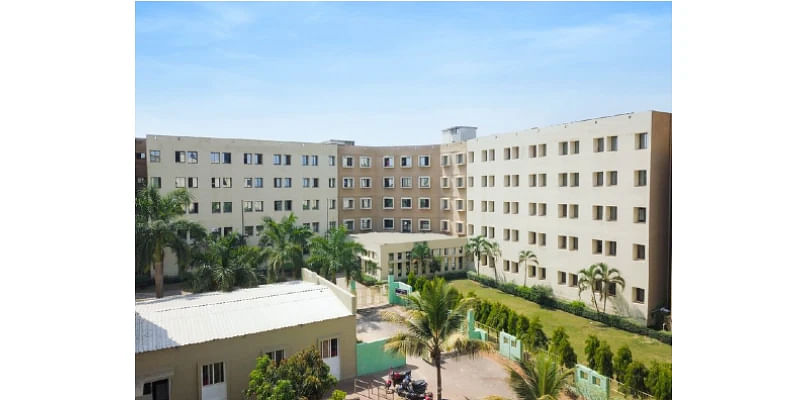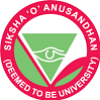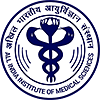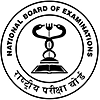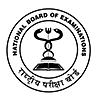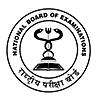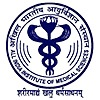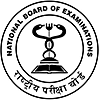MS Syllabus and Subjects
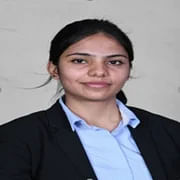
MS syllabus is divided into 6 semesters over 3 years focusing on imparting knowledge related to surgical anatomy, pathology, pharmacology, research methodology, patient management, and more. The third year of the course focuses on intensive coaching through training, internship, and thesis submission.
MS core subjects include physiology, surgical techniques, biochemistry, research methodology, etc. Students can also select elective subjects as per their specialization such as advanced laparoscopic techniques, retinal surgery, voice rehabilitation techniques, thoracic surgery in children, and more.
MS course focuses on developing technical skills in students such as suturing, incision, wound management, patient assessment, clinical documentation, etc., that helps them to work efficiently in roles like general surgeon, surgical researcher, cardiothoracic surgeon, etc.
Table of Contents
Semester Wise MS Syllabus
Master of Surgery semester-wise syllabus differs as per the specialization selected by the student, the syllabus consists of a few core subjects that are common across all specializations and elective subjects which students can select as per their choice of interest.
Students can download a detailed PDF of the MS syllabus from the respective college website as per the specialization. A detailed view of the generic MS syllabus is given below
First Year MS Syllabus
MS 1st year syllabus focuses on building a foundation in the structure and function of the human body, clinical research, patient care principles, basic sciences, and more. Below listed are common 1st year MS subjects:
|
First Year Syllabus |
|
|
Biochemistry |
Surgical Techniques |
|
Physiology |
Research Methodology |
|
Pharmacology |
Pathology |
MS Subjects- Core & Elective
Master of Surgery subjects aim at understanding the concept of basic science along with developing skills that cater to surgical treatment, patient management, clinical judgment, and more. Below listed are a few core and elective subjects covered in the MS syllabus:
MS Core Subjects
Listed below are some of the core Master of Surgery subjects that the students study in first year as common subjects along with topics covered in each subject:
|
MS Core Subjects |
Topics Covered |
|
Biochemistry |
Metabolism, Molecular Biology, Clinical Biochemistry, Nutritional Biochemistry, Enzymology, |
|
Physiology |
Human Physiology, Systemic Physiology, Endocrinology, Pathophysiology, Neurophysiology |
|
Pharmacology |
Pharmacokinetics, Pharmacodynamics, Adverse Drug Reactions, Clinical Pharmacology |
|
Surgical Techniques |
Basic Surgical Skills, Suturing Techniques, Wound Healing, Laparoscopic Techniques, Instrument Handling, |
|
Research Methodology |
Research Design, Biostatistics, Data Analysis, Ethical Considerations in Research, Epidemiology |
|
Pathology |
General Pathology, Histopathology, Clinical Pathology, Systemic Pathology, Forensic Pathology |
MS Elective Subjects
MS elective subject differs as per the specialization selected by the student, the focus is to gain expertise in a particular area of surgery and understand recent technologies and emerging trends. The elective subjects in MS are listed below as per the specialization:
|
Specialization |
Master of Surgery Elective Subjects |
Topics Covered |
|
General Surgery |
|
Surgical management of malignancies, Laparoscopic surgery, Robotic surgery, Fracture management |
|
Orthopedics |
|
Joint stability, Surgical protocols, Techniques for grafting, Biomechanics of the musculoskeletal system |
|
Neurosurgery |
|
Management of pediatric neurological disorders, Deep brain stimulation, Tumor localization |
|
Ophthalmology |
|
Surgical techniques for glaucoma management, Cosmetic procedures, Phacoemulsification techniques, |
|
Obstetrics & Gynaecology |
|
Surgical protocols for reproductive disorders, Patient management strategies, Urinary incontinence treatments |
|
ENT (Otorhinolaryngology) |
|
Surgical techniques for sinus disorders, Patient assessment, Complication management |
|
Urology |
|
Management of urologic cancers, Postoperative care, Treatment protocols for urologic cancers |
Specialisation Wise MS Syllabus and Subjects
MS offers several specializations and the subjects differ for each specialization based on the curriculum structure. The top specialization includes General Surgery, Orthopaedics, ENT, Neurosurgery, etc.
Detailed below are some of the popular specializations and the common subjects covered.
|
MS Specialization List |
Subjects Covered |
|
General Surgery |
|
|
Orthopedics |
|
|
Neurosurgery |
|
|
ENT (Otorhinolaryngology) |
|
|
Urology |
|
|
Ophthalmology |
|
|
Plastic and Reconstructive Surgery |
|
|
Obstetrics & Gynaecology |
|
Master of Surgery Course Structure
The MS course structure is designed in a way that helps students to understand surgical practices through theoretical knowledge with practical skills through clinical experience, project work, etc. The MS syllabus course structure is given below:
- VI Semesters
- Core Subjects
- Elective Subjects
- Clinical Rotations
- Thesis Work
- Internship
MS Projects
MS projects are an important part of the curriculum as it help students to develop extensive research and critical thinking skills in different areas of surgery. The students need to submit the thesis work in the final year of the course. Below listed are a few common project topics:
- Study on Results of Minimally Invasive Heart Surgery Techniques
- Examination of Infection Rates in Patients Receiving Trauma Surgery
- A Comprehensive Study on Diabetic Foot Ulcers and Surgical Management
- Analyzing Results of Various Colorectal Cancer Surgery Techniques
- A Research on Biomaterials Application in Reconstructive Surgery
Master of Surgery Teaching Methodology and Techniques
MS syllabus teaching methodologies and techniques include a blend of theoretical and practical methods that help students grasp the concepts and implement them in the medical world. Below listed are a few common teaching methods and techniques used in the MS curriculum:
- Workshop
- Skill Labs
- Lectures
- Seminars
- Clinical Rotations
- Problem-Based Learning
- Interdisciplinary Learning
- Grand Rounds
MS Books
MS books may differ as per the specialization selected by the student such as General Surgery, Orthopedic Surgery, Neurosurgery, and more. MS books from various authors and publications can be downloaded by students in paperbacks and PDF formats. Some of the common Master of Surgery books are:
|
Books |
Authors |
Topics Covered |
|
S.Das Manual on Clinical Surgery |
S. Das |
Surgical Procedures, Preoperative and Postoperative Care, Surgical Instruments |
|
A Concise Textbook of Surgery |
Somen Das |
General Surgery, Endocrine Surgery, Emergency Surgical Procedures |
|
Clinical Surgery Pearls |
R. Dayananda Babu |
Clinical Cases, Diagnostic Techniques, Surgical Procedures, Surgical Management |
|
General Surgery |
M.S. Bhat |
Operative Surgery, Surgical Complications, Surgical Pathology, General Surgical Techniques |
Top MS [Master of Surgery] Colleges
Top Medical Entrance Exams
M.S Fee Structure
FAQs on M.S Syllabus and Subjects
Q: What elective subjects are included in the MS curriculum?
Q: How is the Master of Surgery syllabus assessed?
Q: Does the MS course include an internship?
Q: What form of practical training is included in the MS syllabus?
Q: What advanced topics are taught in Physiology subject for MS students?




